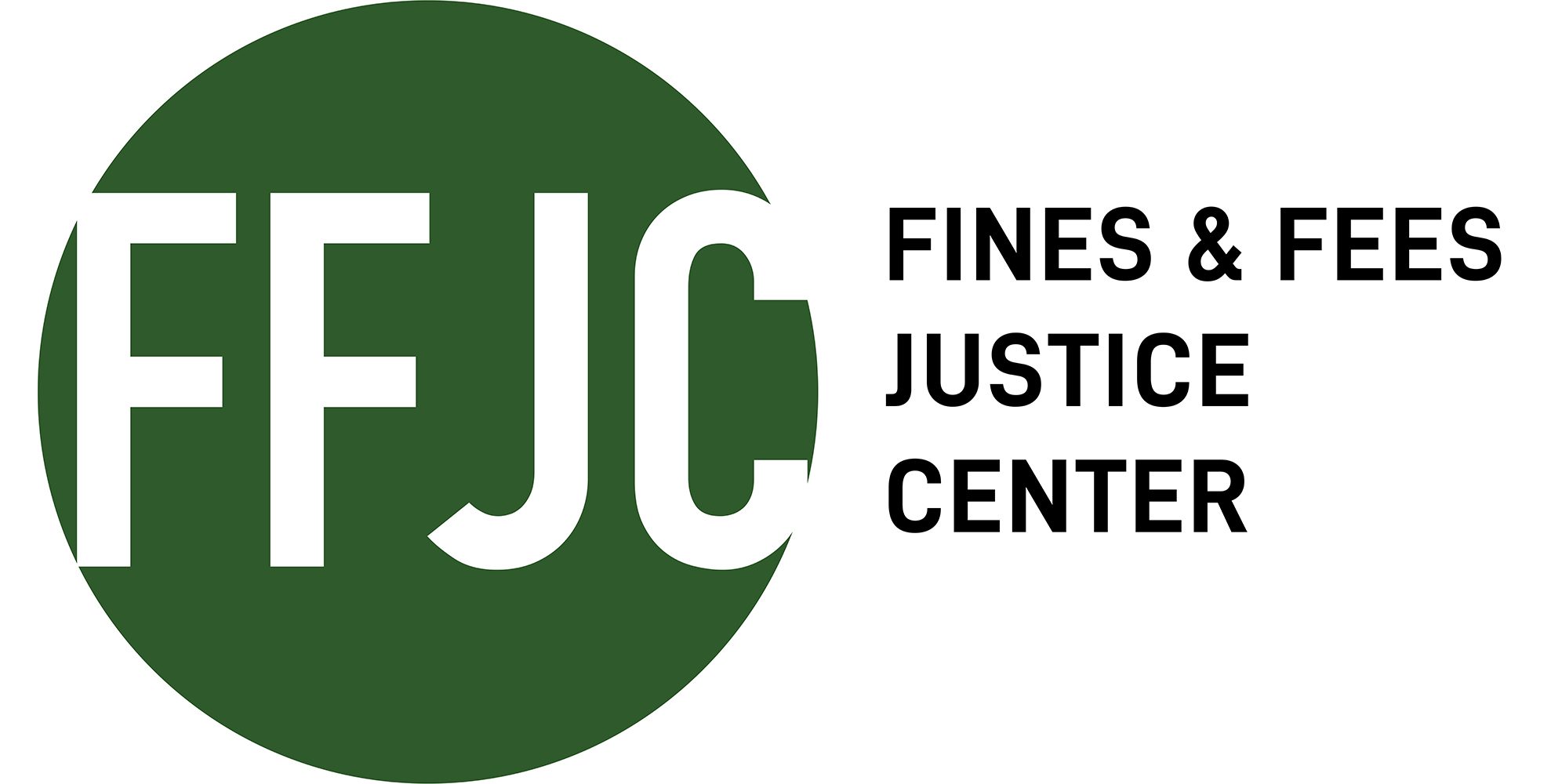Charging Inmates Perpetuates Mass Incarceration
In this policy brief, L.B. Eisen explains how imposing fees upon incarcerated people perpetuates mass incarceration. The brief outlines describes contemporary fee practices, explores the history of those fees, analyzes their constitutionality, and makes several policy recommendations to mitigate collateral consequences.
